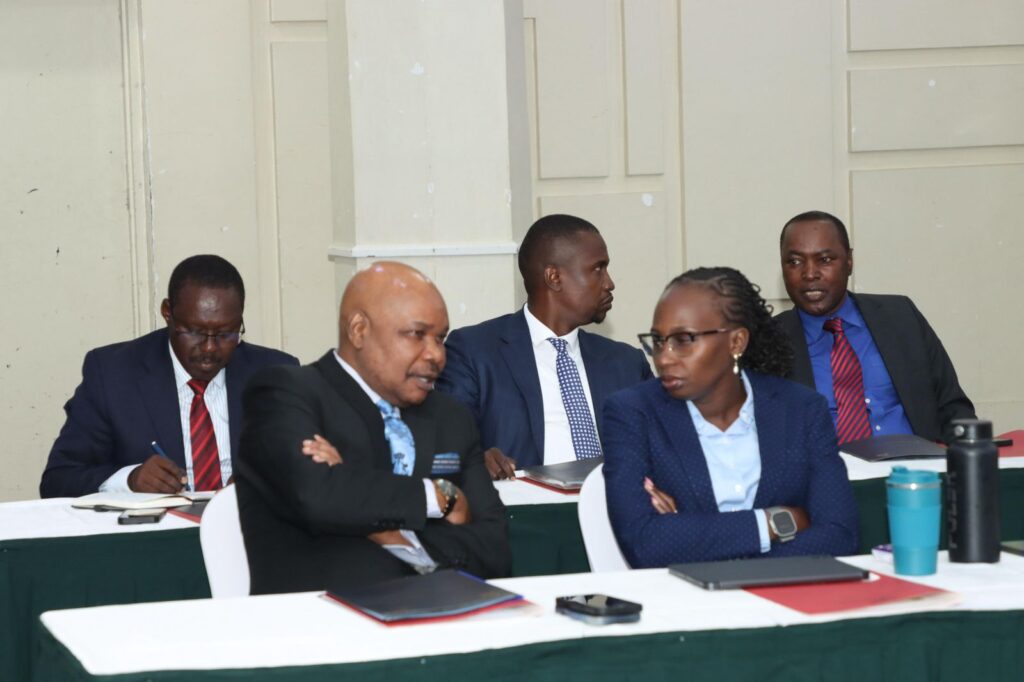The Panel of Experts on Compensation of Victims of Police Brutality has started a one-week working session at the Kenya School of Government. The panel’s goal is to develop criteria for compensating victims of police violence.
Leadership and Controversy
Prof. Makau Mutua chairs the panel, with Law Society of Kenya (LSK) president Faith Odhiambo as vice chair. Odhiambo’s appointment has drawn criticism from some lawyers who say joining the panel undermines justice.
Odhiambo has defended her role, saying it is meant to ensure victims finally receive justice. “As I take up this responsibility, let it be known that I have in no way betrayed your trust,” she said. She added that the panel offers a chance for a “revolutionary shift in victim reparations,” pledging that citizens should no longer be harmed for exercising their constitutional rights.
Panel’s Legal Standing
The panel says it is an ad hoc presidential advisory body established under Article 132(4)(a) of the Constitution. It is not a constitutional commission or statutory body, and its members are not public officers.
Some critics argue that the panel could overstep the roles of the Director of Public Prosecutions, the Inspector General of Police, and the Kenya National Commission on Human Rights. The panel insists its work is purely advisory and supplementary. Its purpose is to fill gaps where grievances have not been addressed.
Moral and Practical Challenges
Some question how the State, accused of causing harm, can compensate victims. The panel says the Executive has a constitutional duty to provide redress. Past harm by State actors does not prevent reparations.
Looking Ahead
During the week-long retreat, the panel will set methods and criteria for fair compensation. Its recommendations could guide how Kenya addresses grievances from police brutality. The panel aims to ensure victims finally receive justice and accountability.

